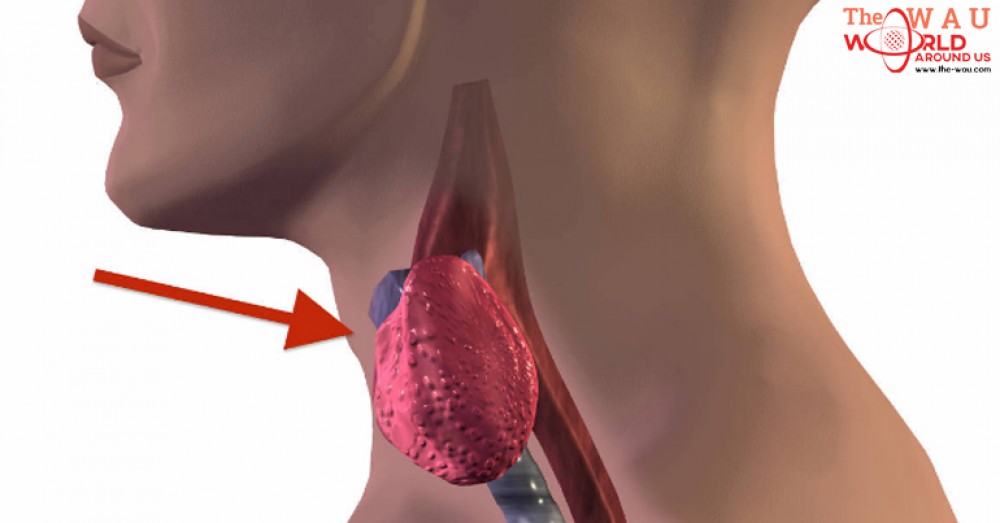Thyroid conditions can affect your energy, weight and overall health.
Here’s why…
This butterfly-looking gland is responsible for the production of hormones, which are responsible for regulating your body’s metabolic rate as well as heart and digestive function, muscle control, brain development and bone maintenance.
Whether you’ve already been diagnosed with a thyroid condition or you’re growing concerned about the health of your thyroid gland, make sure you pay attention to the following six foods:
1. Sugar
Blanket statement: avoid excess sugar in your diet. Believe it or not, if you cut back on cheap products with added sugar, strawberries will start to seem like the sweetest treat in the world.

If you have autoimmune thyroid disease, pay close attention to your blood sugar levels. Always snacking on sugary foods can send your pancreas into overdrive and lead to insulin resistance, which can damage your thyroid. This can lead to a decrease in hormone levels.
Moral of the story: when it comes to sugar, less is more!
2. Fried Foods
Foods high in trans fats can inhibit the effectiveness of thyroid hormone replacement medications. They may also have an adverse effect on the body’s natural production of thyroid hormone.
Fried foods are high in trans fat; if you are taking thyroid medication, keep a close watch on how many French fries you scarf down every day. For those on hormone-based medication for thyroid health, some health professionals have recommended totally eliminating fried foods from your diet.
3. Soy
When it comes to soy, moderation is the key. If you’ve been treating hypothyroidism with synthetic thyroid hormone, pay particular attention to your consumption as it could interfere with your body’s absorption of the treatment.4
By waiting four hours after you take thyroid medication to consume soy, you let your body process each substance individually. This rule applies to certain nutritional supplements as well, such as magnesium and calcium pills and antacids containing aluminum hydroxide or calcium.
Additionally, for those with an iodine deficiency, the isoflavones in soy may lead to decreased thyroid function.
...[ Continue to next page ]
Share This Post















